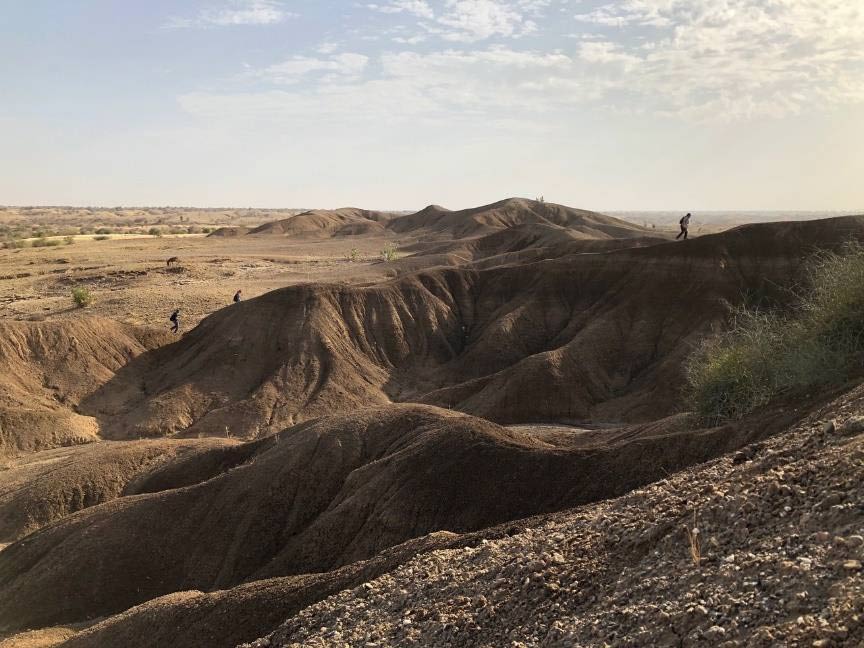October 28 2021: International seminar PALEVOPRIM n° 26
Speaker
Faysal Bibi
Leibniz-Institut für Evolutions- und Biodiversitätsforschung, Museum für Naturkunde, Berlin
Topic
New Mid- to Late Pleistocene fauna and lithics from the middle Atbara, Sudan.
Fieldwork in eastern Sudan since 2018 has resulted in the recovery of a diverse vertebrate fauna from the middle stretches of the Atbara River, the last major tributary of the Nile before it reaches the Mediterranean. Previous work had characterized the geology and identified fossil and Paleolithic remains, but a detailed understanding of the fauna and geochronology remained lacking. New high-density OSL and 14C dating indicate a chronology spanning ~200 ka to ~15 ka.
The new fossil collection comprises over 500 specimens representing ~30 species. Extinct forms include Palaeoloxodon (“Elephas”) jolensis, Kolpochoerus majus, Syncerus antiquus, and a hipparionine equid. Hominins are represented by postcranial remains likely attributable to Homo sapiens. Excavation of a new Paleolithic site dated to ~150 ka reveals the late persistence of Acheulean technology in eastern Sudan at a time when it had been replaced by the Middle Stone Age in many other parts of the continent. The Middle Atbara project is opening up a new regional window onto African Pleistocene biogeographic regionalization and the emergence of modern African ecosystems.

Faysal Bibi is an internationally renowned specialist of bovid fossil diversity and phylogenetics. He is also interested in African biogeography and hominid paleoenvironments. He leads field research projects in the United Arab Emirates and in Sudan, and collaborates with many research projects in Africa. He obtained his PhD at Yale University and is now a researcher at the Museum für Naturkunde.
Place
Room 410, build. B35 (3rd floor, northern wing), University of Poitiers.




